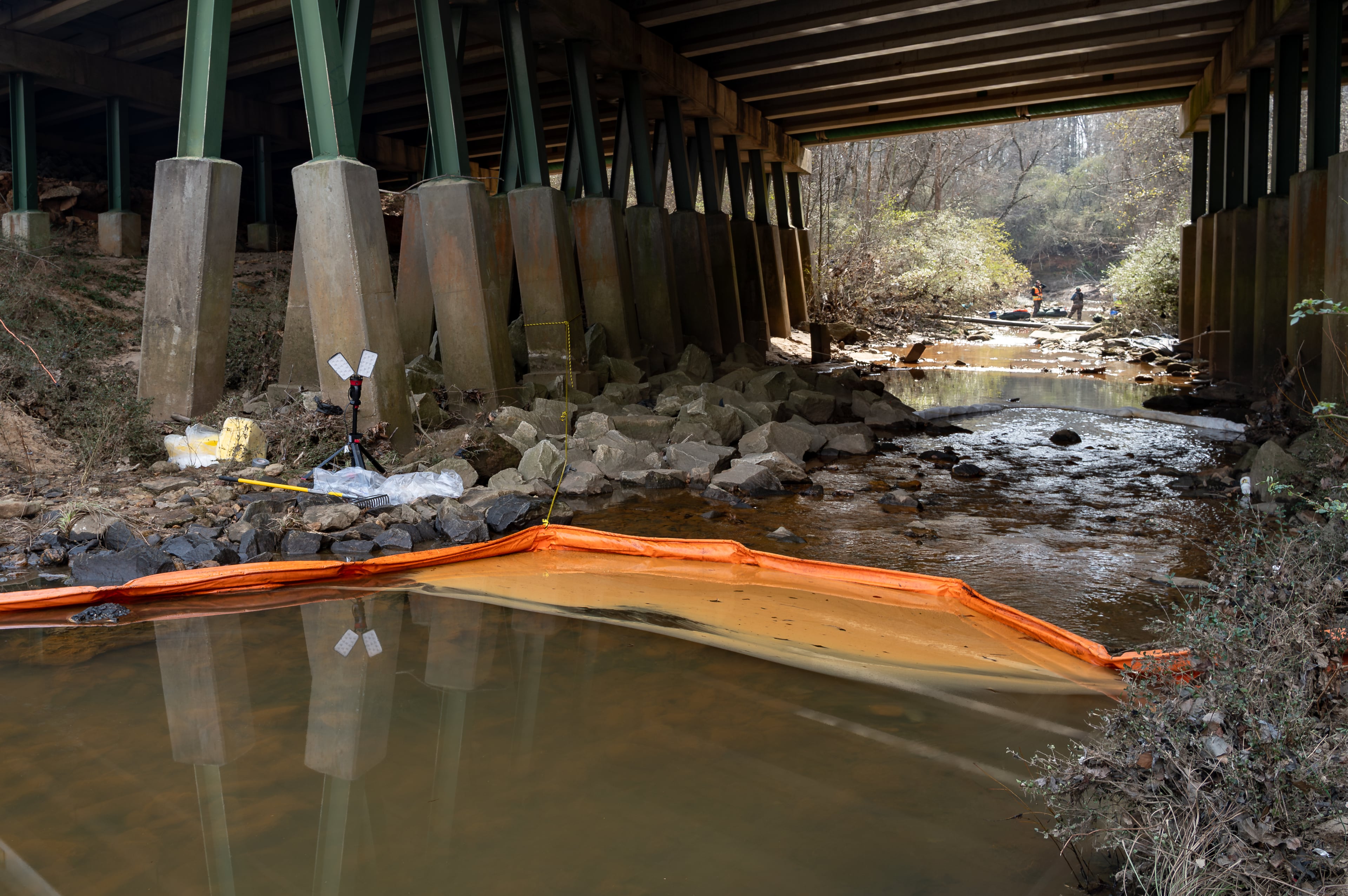Georgia cool to Canada film idea; not ready for partnership

The Canadian government wants to talk about a partnership with Georgia that could boost the film industry in both places.
But Georgia isn't having any.
The idea, broached by Canadian representatives at a recent conference, would link financial incentives in Georgia and Canada to encourage companies who are doing film production in Georgia to do the post-production work in Canada.
In the short term, it would save money for companies making movies in Georgia who would otherwise have done post production work in Los Angeles, which is more expensive, said Louise Blais, consul general for Canada in Atlanta.
Nurturing a Georgia-Canada pipeline would gradually build up Georgia’s ability to do the same kind of work, she said. “It would make Georgia more competitive.”
Post-production includes editing, sound design, dubbing dialogue, editing and mixing a soundtrack, adding special effects – generally through computer-generated imagery – and doing color work. While Georgia has seen a spectacular growth in movie-making, post-production is not yet a strength.
"We are better than Georgia at post-production – no one would deny that," Blais said. "We do it better and we do it cheaper. So this would be extremely good for Georgia because they have to build up their capacity. In the medium term, it would provide more training and attract more people to Georgia."
Canadian film and television accounts for about $5 billion in revenue and employ more than 117,000 people, according to the Canadian Consulate. Nearly all the production is in Ontario, Quebec and British Columbia.
Film and television in Georgia is responsible for more than 85,300 jobs, including 25,700 people directly employed by the industry, according to the Georgia Department of Economic Development.
To encourage growth of the industry, the state markets its tax credits, low costs, easy accessibility via air or car, as well as the existence of a solid and expanding pool of talent.
Georgia had not targeted post-production until last month, when Gov. Nathan Deal signed a bill that provides a 20 percent tax credit for post-production companies that have payrolls of at least $250,000.
Lee Thomas, deputy commissioner of the Georgia Film, Music & Digital Entertainment Office, was hesitant to comment directly about any potential partnerships.
“Our job is to try to get film production and post-production to the state of Georgia,” she said. “My job is to try to get people to do projects here and we want as much of that business as we can get.”
So while the Canadian idea might be interesting, it conflicts with the department’s goals.
“We work for the state of Georgia, period,” Thomas said. “And we are trying to get good projects. It would be kind of selling out our post-production people if we said to go do some of that work (in Canada).”
Georgia's film industry currently ranks third in the nation behind California and New York, according to the state's Department of Economic Development, which cites a ranking by the Motion Picture Association of America.
The most recent data shows a $1.7 billion value for a year’s worth of production, according to the department. That is nearly 20 times more than the industry’s heft in 2007.
Blais, the Canadian consul, said she thinks a partnership would help both partners, and that Thomas' coolness could mean that Georgia "may not have fully processed" the idea.
“Clearly, Lee does not share my vision,” she said.
MYAJC.COM: REAL JOURNALISM. REAL LOCAL IMPACT.
AJC Business reporter Michael E. Kanell keeps you updated on the latest news about jobs, housing and consumer issues in metro Atlanta and beyond. You'll find more on myAJC.com, including these stories:
- Georgia jobs, lumber and the Canada-Trump confrontation
- How Home Depot is winning while retail loses
- Atlanta tech jobs: some skills in high demand. (Good pay, too).
Never miss a minute of what's happening in local business news. Subscribe to myAJC.com.
More Stories
The Latest



